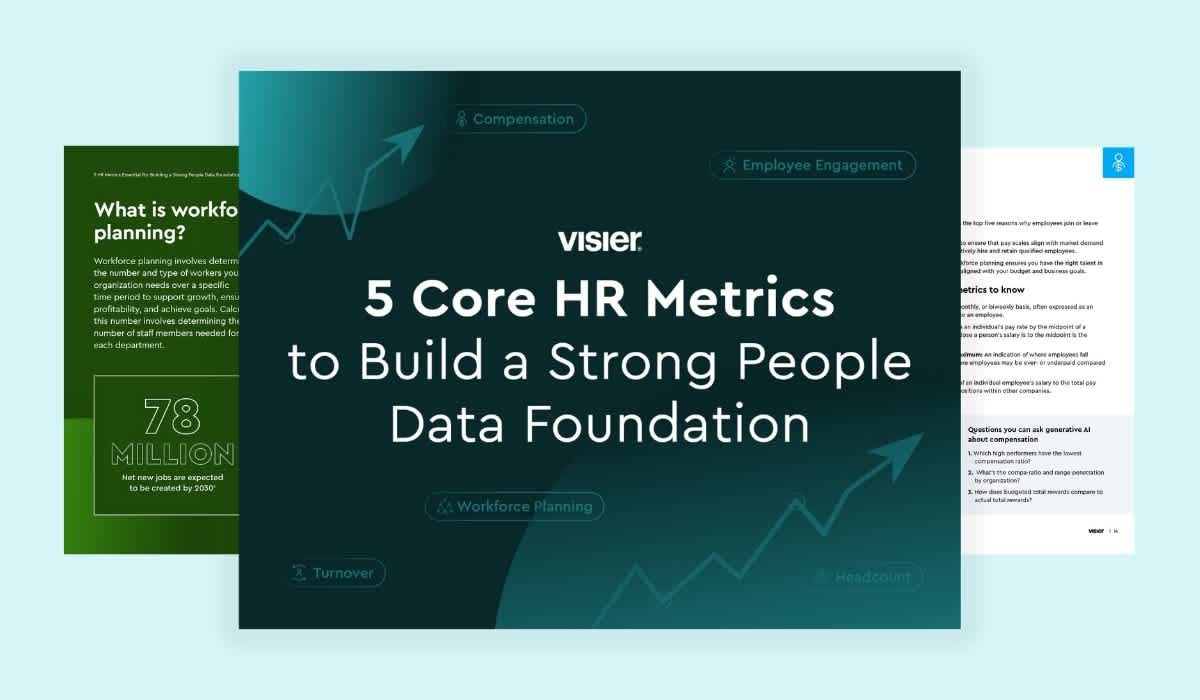What Is a Representative Heuristic?
Representative heuristics is a form of bias that leads individuals to evaluate current events based on past experiences. Learn more.

A representative heuristic, or representativeness heuristic, is a mental shortcut that leads individuals to evaluate current events or situations based on past experiences. It’s a type of stereotype that can lead to errors and biases in decision-making.
How do representative heuristics come into play in the workplace?
In the workplace and, specifically, in HR settings, representative heuristics can impact a wide range of people-related decisions, including:
Hiring decisions. When evaluating job candidates it is common for those involved in the process to consider applicants based on traits and attributes that they’ve observed in other settings or their own personal experiences. For instance, viewing candidates who attended their alma mater favorably.
Performance appraisals. Employees who are similar to other employees with high performance, may be judged to be high performers even in the absence of evidence-based data to support these judgments.
Promotions and advancements. Managers may feel more favorable about the performance of employees who share their own traits and backgrounds than other employees who do not.
This type of stereotyping in work settings can both lead organizations to act favorably toward employees who do not have the necessary knowledge, skills or attributes required and unfavorably toward those who do.
What steps can organizations take to minimize the negative impact of representative heuristics?
The first step is awareness and understanding that we are all subject to representative heuristics as we interact with others and make people-related decisions. Structured decision-making processes based on objective data and inputs can also help to minimize the tendency to rely on representative heuristics when making decisions. Using multiple data points and metrics, as well as input from diverse sources can also help to minimize this bias.
The role of technology in minimizing the impact of representative heuristics
Technology can be an important aid in minimizing the negative impact of representative heuristics. The use of people analytics tools and technology can help ensure that decisions are based on sound and reliable data instead of personal beliefs and subjective judgments.


